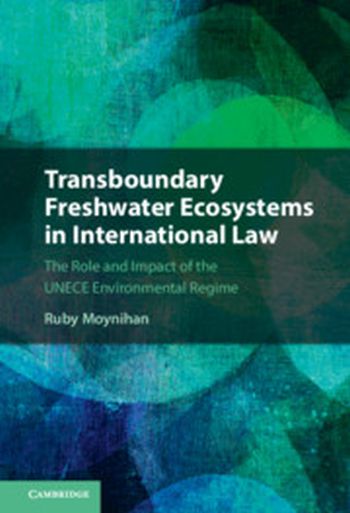
A global water crisis with far-reaching and interconnected environmental, social, health and economic impacts threatens the world. Healthy ecosystems and ecosystem services are degrading, and access to a sustainable water supply is increasingly inequitable both within and between States. This book demonstrates how to overcome the global freshwater ecosystem crisis by matching the scientific recommendations with an international legal framework fit for the task, which re-orientates international water law towards a stronger ecosystem approach that also protects vulnerable societies. It illustrates how to understand the fragmented legally binding and non-binding instruments of the United Nations Economic Commission for Europe environmental treaties as one coherent legal regime, which contributes to strengthening general rules and principles of the law concerning transboundary freshwater ecosystems. With the recent global opening of the UNECE regime, this book explores its potential role within the European region, Central Asia, Caucasus, Africa, the Middle East and beyond.